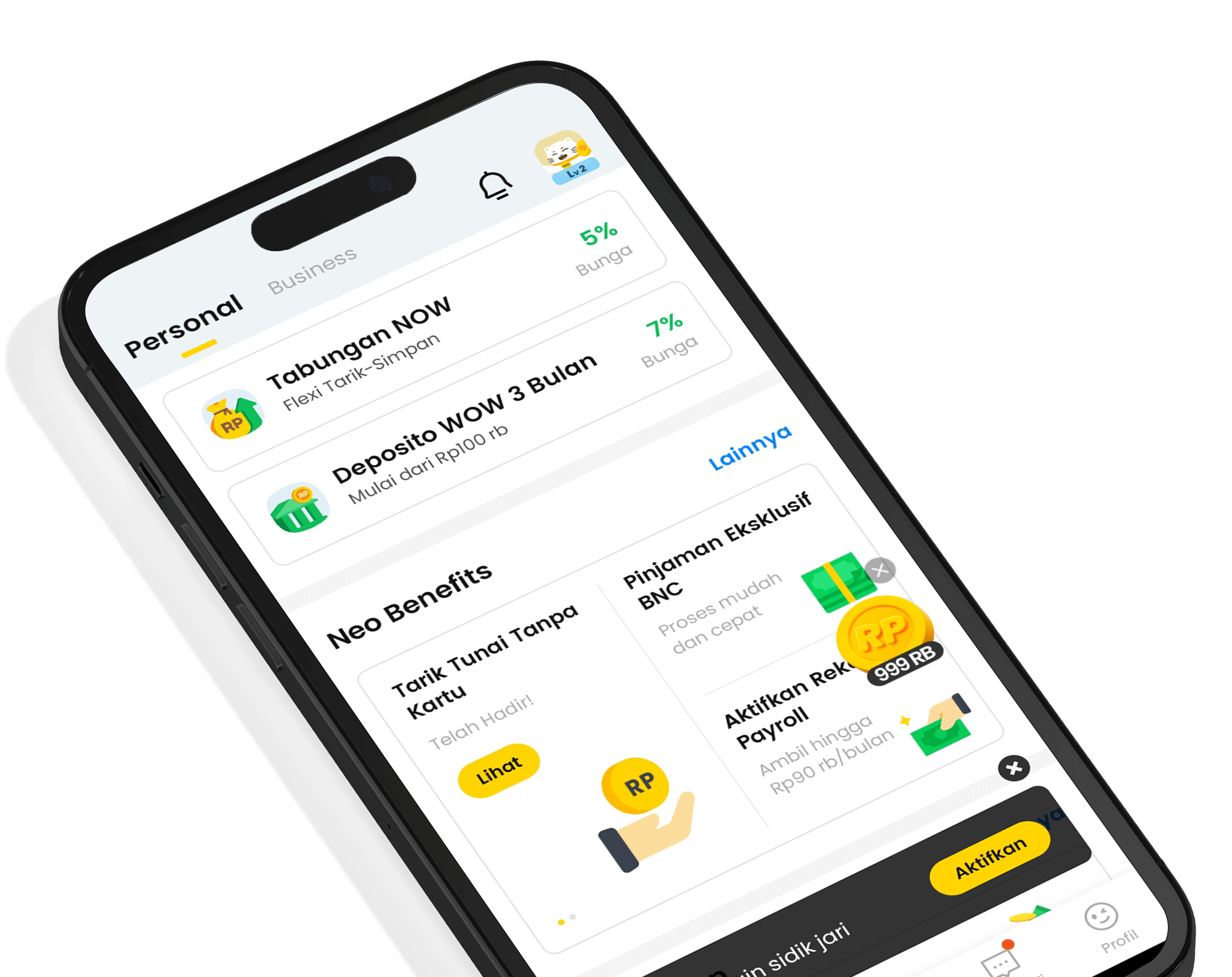
As your high school years come to an end, you've probably started thinking about your future. Some may choose to go to college, start working, or even open a business. However, not everyone has the opportunity to pursue higher education—financial constraints often become a major hurdle.
While it may sound cliché, many students have had to put their college dreams on hold due to financial limitations. But there are also many inspiring stories of students who, despite lacking funds, managed to study at top universities both in Indonesia and abroad.
The good news? Financial challenges can be addressed with scholarships. There are ways to get full scholarships for college, whether in Indonesia or overseas. Aside from the well-known LPDP scholarship program offered by the government, many universities also provide their own scholarship programs. So, there’s no harm in exploring how to get a scholarship.
Opportunities always exist if we’re willing to make the effort. For those of you looking to pursue higher education through government scholarship programs, here are some ways to get a scholarship to college.
Read: Borrowing Wisely: Is It Allowed to Buy Your Dream Gadget Using a Loan?
1. Education Fund Management Agency (LPDP)
LPDP is a popular scholarship program run by the Ministry of Finance of Indonesia. In 2024, LPDP offers various types of scholarships, including:
General Program
- Regular Scholarship
- Top University Scholarship
- Partial Scholarship
Affirmative Program
- Scholarship for Persons with Disabilities
- Scholarship for Papuan Students
- Regional Affirmation Scholarship
- Underprivileged Student Scholarship
Targeted Program
- Scholarships for Civil Servants, Military, and Police
- Entrepreneurship Scholarship
- Religious Scholar Education Scholarship
- Specialist and Subspecialist Doctor Scholarships
Priority Program
- LPDP Priority (NTU PhD Program)
- LPDP Priority (UNSW PhD Program)
- LPDP Priority (NUS Master’s in Entrepreneurship)
- LPDP Priority (University of Dundee PhD Program)
Collaborative Program
- LPDP-BRIN Scholarship
- LPDP-USTB Scholarship
- Scholarships in International Trade, Economy, and Transportation
- Double Degree/Joint Degree Program
2. Indonesia Smart Card for College (KIP Kuliah)
The Indonesia Smart Card (KIP) is financial aid provided to underprivileged students who want to pursue higher education. However, this is different from a scholarship.
According to Article 76 of Law No. 12 of 2012 on Higher Education, scholarships are rewards in the form of funding for high-achieving students.
Meanwhile, KIP Kuliah is focused on helping financially challenged high school graduates. Academic performance still plays a role, though.
KIP Kuliah covers:
- Free registration fees
- Free tuition fees
- Monthly living allowance of IDR 700,000
3. Bidikmisi
Bidikmisi is another government-funded financial aid program for high-achieving high school graduates from underprivileged backgrounds. Like KIP Kuliah, it differs from traditional scholarships.
Bidikmisi covers:
- Free college registration fees
- Free Bidikmisi application registration
- Free entrance exam registration
- Reimbursement for the initial visit to campus
- Monthly living allowance of IDR 700,000
Besides government scholarships, you can also find scholarships directly from universities. Visit the official websites of your target universities to learn more.
Read: What is the Estimated Cost of Appendectomy Surgery at the Hospital?
So, How Do You Get a College Scholarship?
Getting a scholarship—either in Indonesia or abroad—requires preparation and effort. The process can be long and complex, but don’t be discouraged. Here are steps to help you secure a scholarship:
1. Maintain Strong Academic Grades
Academic performance is key. It’s not just about your final grades—your report cards from grades 10 to 12 (or cumulative GPA in college) will matter. That’s why it’s important to prepare early.
Even if your grades are average, don’t worry—it’s still possible to get a scholarship, though the chances may be slimmer.
2. Have Non-Academic Achievements
If your academic grades are just average, achievements in non-academic areas like sports, arts, or others can strengthen your application. For instance, winning a national dance competition could be your ticket to a scholarship
3. Be Active in Organizations and Activities
Engaging in positive extracurriculars like internships, volunteering, seminars, or workshops is important. Scholarship providers often look for well-rounded individuals who use their time wisely and gain experience outside of academics.
4. Research Scholarship Opportunities Regularly
The internet is full of scholarship information. Don’t rely on just one source like LPDP—many universities offer their own scholarships. Stay curious and keep looking.
5. Choose Your Target University
Once you've taken the steps above, decide on your dream university. Make sure your desired program is available there. Some people prioritize the university over the major—just make sure it aligns with your goals and offers scholarships.
Also, evaluate the facilities and support systems the university offers.
6. Prepare the Required Documents
The next step is to gather all necessary administrative documents. These usually include:
- Curriculum Vitae (CV)
- Academic diploma and transcripts
- Motivation letter or essay
- TOEFL/IELTS score
- Letters of recommendation
- Passport copy (for international scholarships)
- Translated versions of all documents (for studying abroad)
Even though receiving a scholarship means your tuition and living expenses are covered, you'll still need some initial funds for preparations. If you need financial help for that, consider a loan from neobank.
Start saving with the neobank app and enjoy the benefits and convenience! Download neobank on PlayStore or App Store now and apply for a loan through Neo Loan to help you get ready for your scholarship journey—or even your dream wedding!
For full info and terms on Neo Loan, visit https://s.id/webneopinjam and to apply for Neo Pinjam, click https://s.id/neopinjam
***
PT Bank Neo Commerce Tbk is licensed and supervised by the Indonesia Financial Service Authority (OJK) and Bank Indonesia (BI), and an insured member of Deposit Insurance Corporation (LPS).


